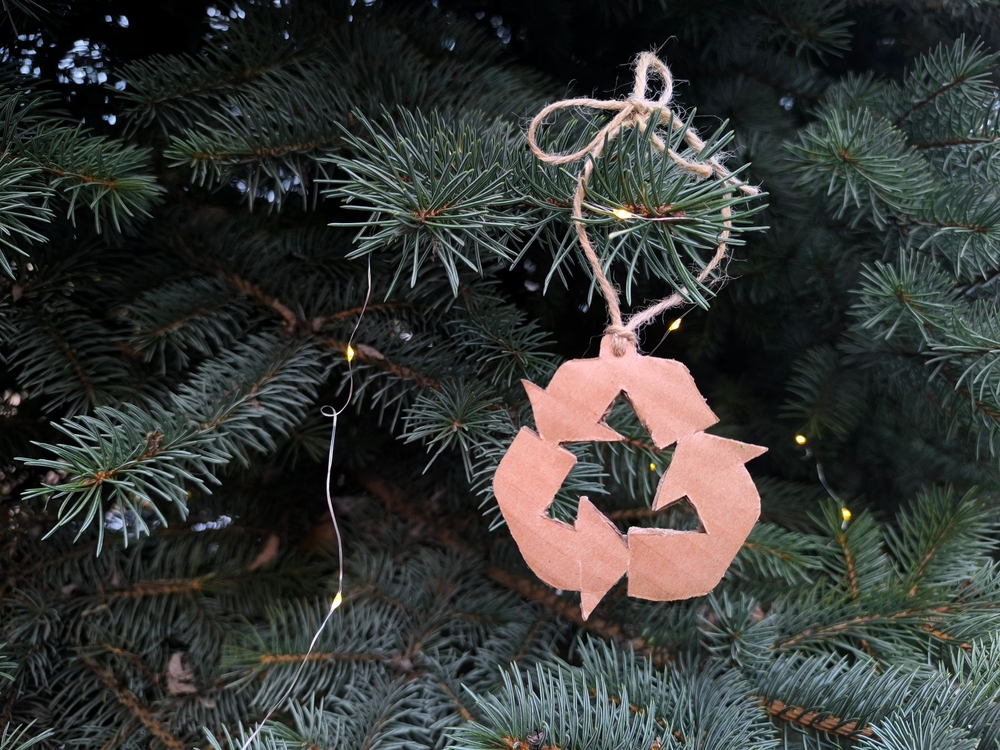After more than a year, NASA's Curiosity rover continues to make groundbreaking discoveries on the red planet.
According to researchers the Curiosity rover found "fine grained sedimentary rocks" which support the theory there once was an ancient lake on the planet with the ability to sustain life.
"These rocks contained all the ingredients necessary for a habitable environment. We found Carbon, Sulfur and Oxygen all present in a variety of states that life could have taken advantage of."
A writer for Discovery News says this finding means, "fresh water pooled on the surface for tens of thousands — or even hundreds of thousands — of years." (Via Discovery News)
But NASA researcher Douglas Ming who worked on the study is quick to note this doesn't mean there was life on Mars.
He told USA Today: "Is this the smoking gun that says there was life on Mars? No. ... Is this a smoking gun that this was a habitable environment? There's pretty good evidence for that." (Via USA Today)
Space.com describes the ancient lake as a "long and skinny freshwater lake" which most likely existed almost 3.7 billion years ago.
The next step for scientists is Mount Sharp — an 18,000-foot-high mountain on Mars where Curiosity will continue looking for proof of life.











